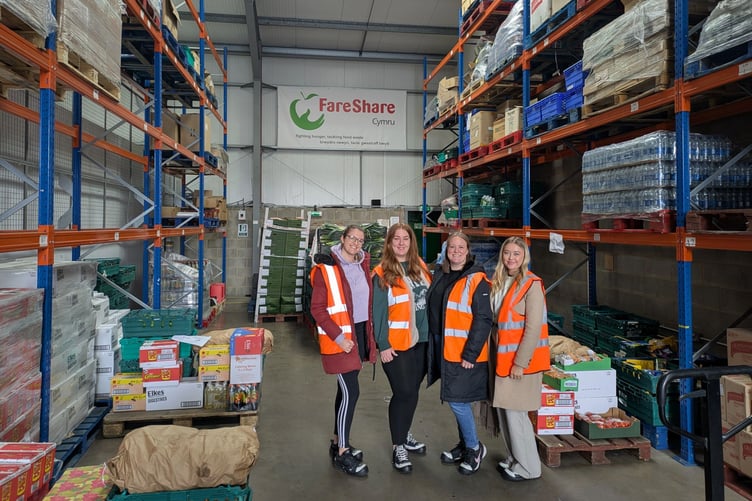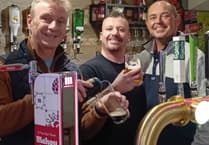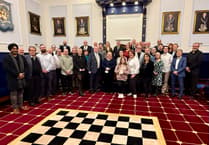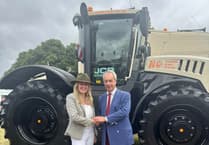Food insecurity is one of the most pressing public health challenges facing Wales today.
Recent figures paint a stark picture: 14 percent of households struggle to meet basic food needs, while one in four have skipped or reduced meals because of financial pressures.
Even more distressingly, 21 percent of parents report cutting down their children’s meals, and among those receiving Universal Credit, that figure rises to 44 percent. These are not mere numbers—they reflect families across Wales making impossible choices between heating their homes and feeding their children.
Children and young people are particularly vulnerable. Nearly half of children aged 7–11 worry about having enough to eat, while more than half of those aged 7–18 express concern about their family’s ability to afford essentials. Food insecurity in childhood has far-reaching effects—not only on nutrition, but also on mental health, academic performance, and long-term wellbeing.
Amid this growing crisis, community food hubs are proving to be lifelines. These local initiatives do more than distribute food—they restore dignity, strengthen communities, and empower individuals. By offering fresh, nutritious ingredients in welcoming spaces, hubs reduce stigma and foster a sense of belonging. They transform food support from an act of charity into one of community care and collaboration.
FareShare Cymru stands at the forefront of this movement. Partnering with over 250 community organisations across Wales, the charity redistributes surplus food to schools, pantries, and community projects—ensuring good food is never wasted. Over 45 schools and school-based pantries currently benefit, yet demand continues to grow. A waiting list of 190 charities underscores the scale of need.
The impact is visible in initiatives like Community Volunteers Wales (CVW) in Rhymney. Using redistributed food from FareShare Cymru, CVW hosts community kitchens where residents come together to cook, learn, and share.
“Cooking with my family brings joy and teaches numeracy, communication, and problem-solving,” said Tara, a CVW team member. These sessions highlight that nutrition is about more than calories—it’s about connection, confidence, and lifelong skills.
Community food hubs also act as gateways to wider support. Many offer budgeting workshops, signposting to health and social services, and opportunities for social interaction—helping to combat loneliness and isolation. In doing so, they nurture not only physical health but emotional resilience and community spirit.
From a public health perspective, access to nutritious food is fundamental. By providing fresh produce and promoting home cooking, food hubs directly contribute to healthier diets and improved wellbeing. Their work aligns closely with Wales’s public health nutrition goals, offering scalable, locally driven solutions to a national issue.
Children, especially, need consistent, nutritious meals to thrive. Malnutrition in early life can shape everything from growth and concentration to long-term health outcomes. Food insecurity therefore threatens not only today’s families but Wales’s future generations.
FareShare Cymru believes food is more than fuel—it’s dignity, connection, and opportunity. By redistributing good food and supporting community hubs, the charity is helping to ensure every family has the nourishment and support they need to thrive. To truly fuel the future, Wales must continue investing in these vital, nutrition-focused community networks—where food becomes the foundation for resilience, hope, and lasting change.
For more information, email [email protected]




.jpeg?width=209&height=140&crop=209:145,smart&quality=75)
Comments
This article has no comments yet. Be the first to leave a comment.